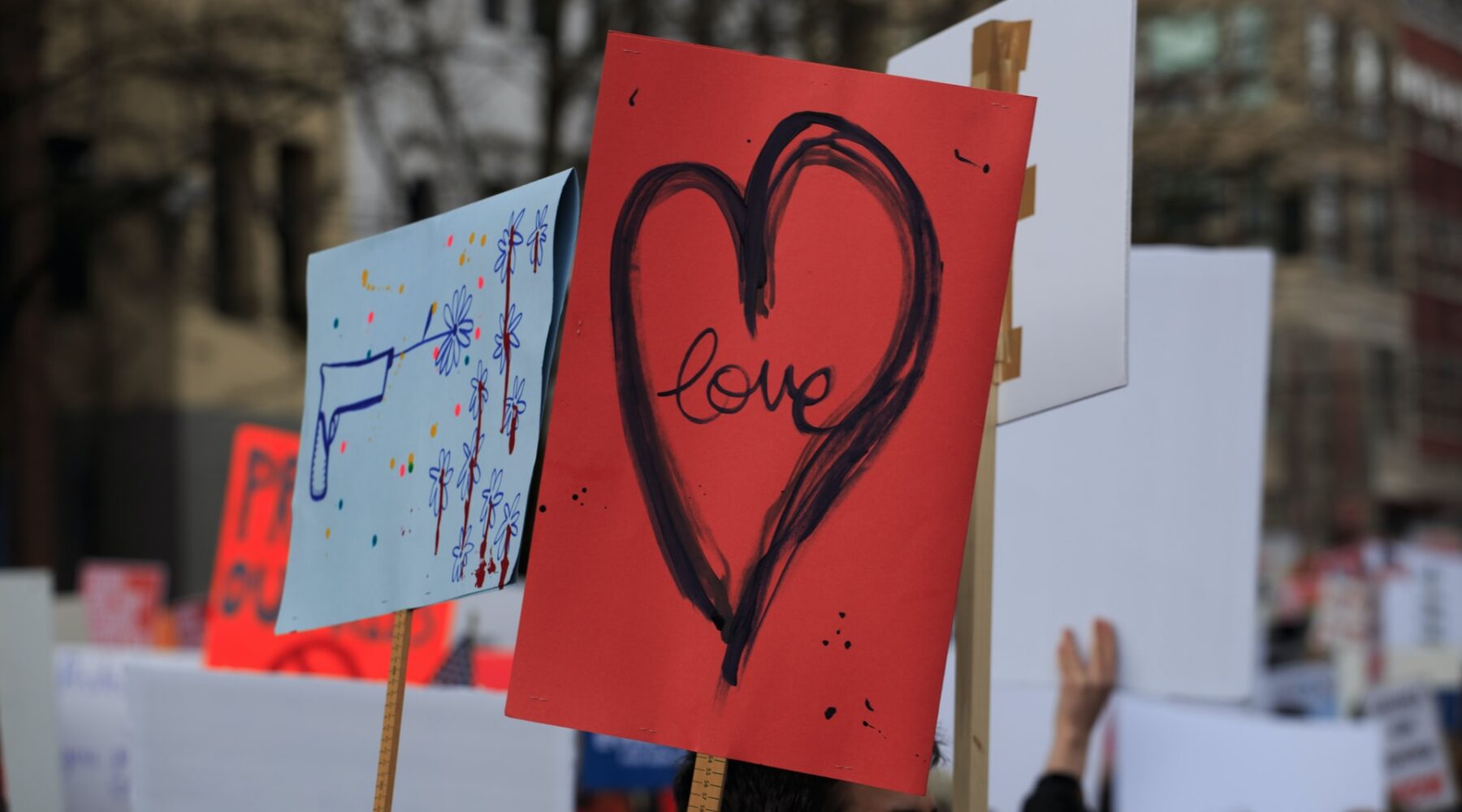


In its first statement at the 43rd session of the UN Human Rights Council, Humanists International has warmly welcomed the latest report by the UN Special Rapporteur on Freedom of Religion or Belief, Dr Ahmed Shaheed.
The report looks at the relationship between the right to Freedom of Religion or Belief and gender and highlights the different ways in which gender-based violence and discrimination grounded in religious justifications persist.
Humanists International’s statement, delivered by Humanists International’s Director of Advocacy, Elizabeth O’Casey, praised the report for raising issues that resonate with humanists around the world. She noted, “Whether it is harmful traditional practices, denial of reproductive services, or the criminalisation of same-sex relations, our members all too often see culture, religion and tradition being used as covers to undermine the equality and human rights of women and LGBTI people.
“The right to freedom of religion or belief is a fundamental right from which many other rights emanate. But it is not a special right that permits discrimination against others; to use it to do so, is to distort the right itself, and to deny the very dignity upon which the right is grounded.”
O’Casey attended most of the regional consultations that preceded the writing of the report.
The statement follows in full below:
ORAL STATEMENT
International Humanist and Ethical Union
UN Human Rights Council, 43rd Session (24th February – 20th March 2020)
ID with Special Rapporteur on Freedom of Religion or Belief
Elizabeth O’CaseyWe thank the Special Rapporteur for his excellent report.
His work is essential, particularly in a forum where states have previously cited “religious specificities” as a pretence for why human rights do not extend to providing equality and non-discrimination for LGBTI people. A forum where states have argued that abuses such as ‘marital rape’ and ‘intimate partner violence’ should be excluded from a resolution on violence against women because they are “controversial concepts” that do not take into account the “religious specificities” of member states. It is also a forum that gives voice to groups distorting the right to FoRB, and mischaracterising pro-choice advocates as promoting a so called “gender ideology” that is harmful to society, children, and families.
We commend the report for being grounded in the experiences of diverse actors, religious and non-religious, from across all regions. Indeed, the experiences reflected echo those experienced by Humanists International’s global membership. Whether it is harmful traditional practices, denial of reproductive services, or the criminalisation of same-sex relations, our members all too often see culture, religion and tradition being used as covers to undermine the equality and human rights of women and LGBTI people.
The right to freedom of religion or belief is a fundamental right from which many other rights emanate. But it is not a special right that permits discrimination against others; to use it to do so, is to distort the right itself, and to deny the very dignity upon which the right is grounded.
We thank the Special Rapporteur for his work in continuing to promote a universalist and intersectional understanding of FoRB, thereby protecting the integrity of the right itself and all rights bearers.